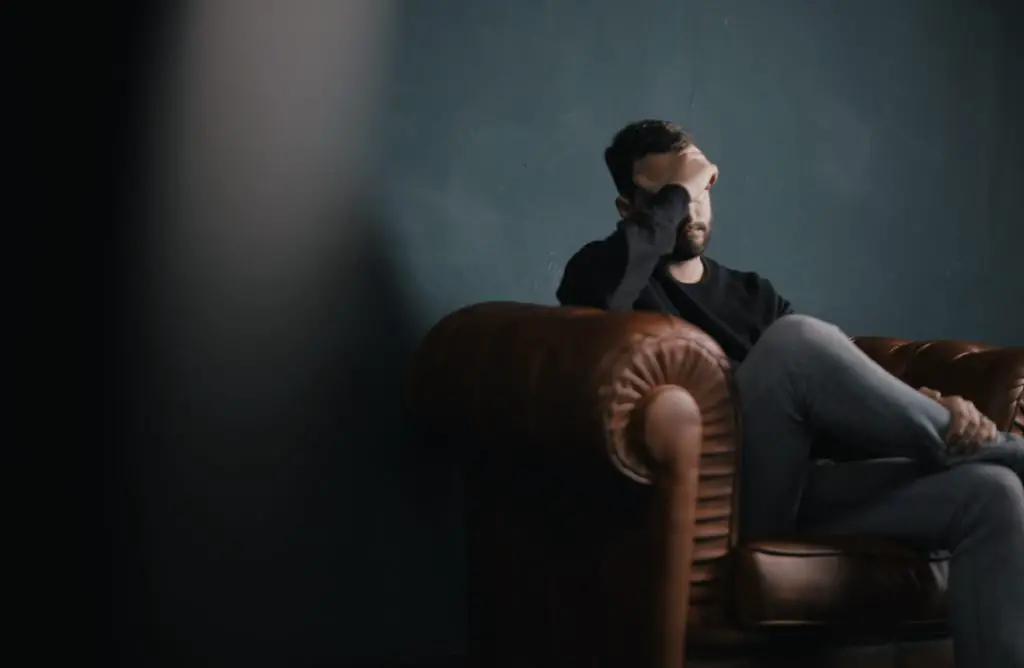“Well, at least he died doing what he loved to do,” goes the oft-quoted refrain when a loved one passes. Of course, if you ask the deceased individual, they’d probably really rather have died doing something they hated.
Seriously, think about it. Would you really want to die in the middle of doing something you thoroughly enjoy? Meanwhile, if you could die one moment after an IRS auditor said you owe an insane amount of money—would you really be disappointed?
Which brings us to our subject. What happens to debt when you die?
Like so many things in this life, it depends on the type of debt it is, the size of your estate and whether or not you’re married.
Type of Debt Matters
Secured debt
like mortgages—as well as car, boat and RV loans don’t go away. In the case of a mortgage, your spouse, joint homeowner or heir will be given right of first refusal to keep the property. If they can afford to take over the payments, things will proceed as if nothing has changed. This is true for vehicle loans as well. If you have a home equity loan, the lender can force immediate repayment from the person inheriting the property, though they’ve also been known to allow heirs to assume payments. By the way, regardless of who’s owed what, the IRS gets first dibs on your estate if you die with an outstanding balance.
Unsecured debt
like credit cards and student loans can only get what the estate will support. If there’s not enough money to take care of both the secured debt and the unsecured debt, creditors holding the latter will be left with their hands out. Joint account holders can be held responsible post mortem, but authorized users of an account cannot. Spouses in community property states can also be held responsible for debts assumed during the marriage.
If you find yourself in such a situation and you cannot afford to pay, consulting a debt relief firm like Freedom Debt Relief can help you find ways to deal with most unsecured debt to get your situation back on track.
Student Loan
debtors can attach the decedent’s estate, but if there aren’t sufficient funds, the debt dies with the individual. However, if the person was married when the loan agreement was signed, responsibility can pass on to the spouse. Sallie Mae, Wells Fargo, and Federal student loans are forgiven.
Exempt Assets
In most cases, retirement accounts and insurance benefits are shielded from creditors. These aren’t considered part of the estate and will pass on to whoever is named as the beneficiary. Even better, life insurance payouts are tax-free. On the other hand, if a beneficiary dies and no replacement is named, the funds become part of the estate and will be included in the probate settlement process.
Debt Collectors
As cold-blooded as it sounds, debt collectors can come after survivors for payment of outstanding obligations—even if the state doesn’t have the cash to settle them. Some will even go so far as to try to guilt loved ones into paying. On the other hand, they can’t do any damage to credit histories and they don’t have legal recourse (unless the survivor’s signature is on the debt too). Thus, it’s OK to tell them to visit the gravesite to see if the decedent will pay.
Long story short, what happens to debt when you die is it becomes attached to your estate. Your assets can be liquidated to satisfy obligations and in some cases, your heirs can be called upon to settle up. Your spouse can also be held responsible for debts incurred during the marriage. They can also take over the car, boat, and RV payments, as well as mortgages—providing they can demonstrate their ability to pay.


